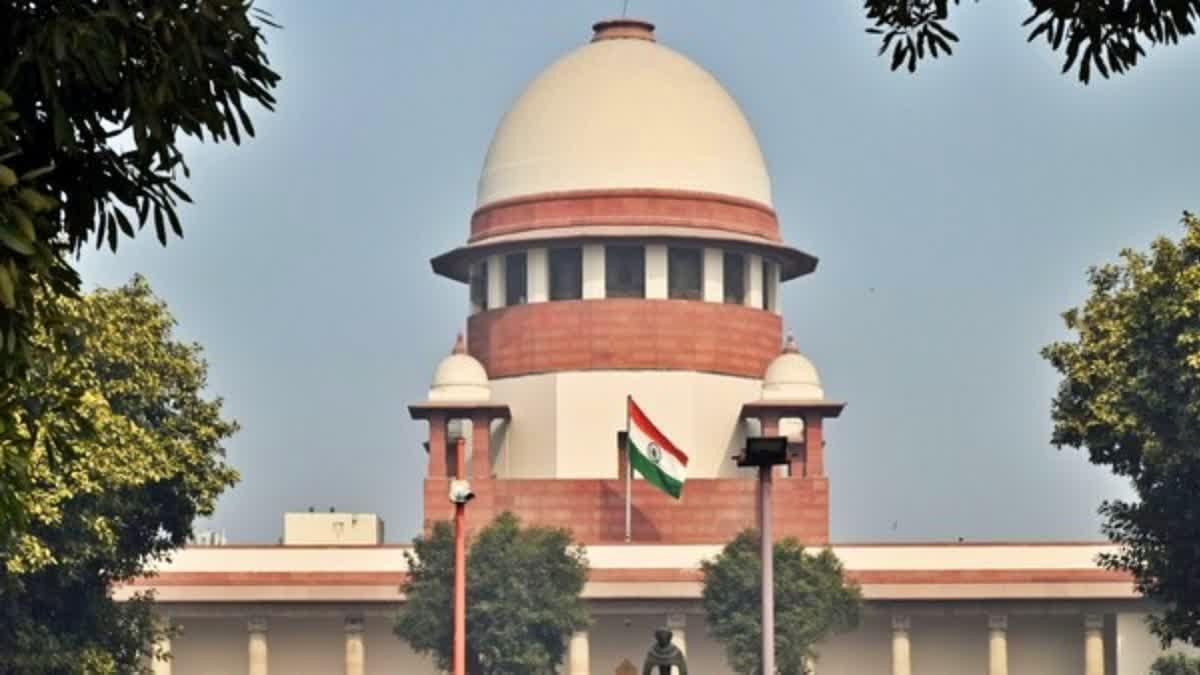New Delhi: The Supreme Court on Friday said Punjab Governor Banwarilal Purohit “must proceed to decide on the bills submitted for assent…” while hearing a plea by the Punjab government accusing the Governor of delaying action on bills cleared by the Legislative Assembly. The apex court, during the hearing, orally remarked, “You're playing with fire. How can the Governor say this? We are not happy with what is happening in Punjab...will we continue to be a parliamentary democracy?"
A bench led by Chief Justice of India DY Chandrachud said, “We are of the view that there is no valid constitutional basis to cast doubt on the validity of the session of the Vidhan Sabha, which was held on June 19 and 20, 2023. Any attempt to cast doubt on the session of the legislature would be fraught with grave perils to democracy." The bench said that it was within the powers of the Speaker to adjourn the budget session convened in March 2023, instead of proroguing it, and calling it back the session again in June.
The bench, also comprising justices JB Pardiwala and Manoj Misra, said, “The Speaker, who has been recognised to be the guardian of the privileges of the House and the constitutionally recognised authority, who represents the House, was acting well within his jurisdiction in adjourning the House sine dine”.
The bench said that the convening of the House in June was within the ambit of the Rule 16 procedure and conduct of business of Punjab Vidhan Sabha. “Casting doubt on the validity of the session of the House is not a constitutional option open to the Governor. The legislative Assembly comprises duly elected members of the legislature”, said the bench.
In its order, the apex court said, “During the tenure of the Assembly, a House is governed by the decision taken by the Speaker in matters of adjournment...Governor of Punjab now must proceed to decide on the bills submitted for assent based on the sitting of the House, which conducted on June 19-20, was constitutionally valid”.
It added, “We clarify that we have not expressed any opinion regarding the constitutional authority of the Governor and regard to how he will exercise his jurisdiction consistent with Article 200 of the Constitution”. The Punjab government moved the Supreme Court alleging delay by the Governor in giving assent to bills passed by the state Assembly. The plea said such "unconstitutional inaction" has brought the entire administration to a "grinding halt."
Senior advocate Abhishek Singhvi, representing the Punjab government, contended before the court that the governor had kept back seven bills including those related to fiscal management and education. At the end of the hearing, the court was informed that two bills had been cleared by the governor. Singhvi argued that bills were sent for the governor's nod in July and his inaction has affected governance. The Punjab governor is involved in a long-running feud with the Aam Aadmi Party government led by chief minister Bhagwant Mann.



